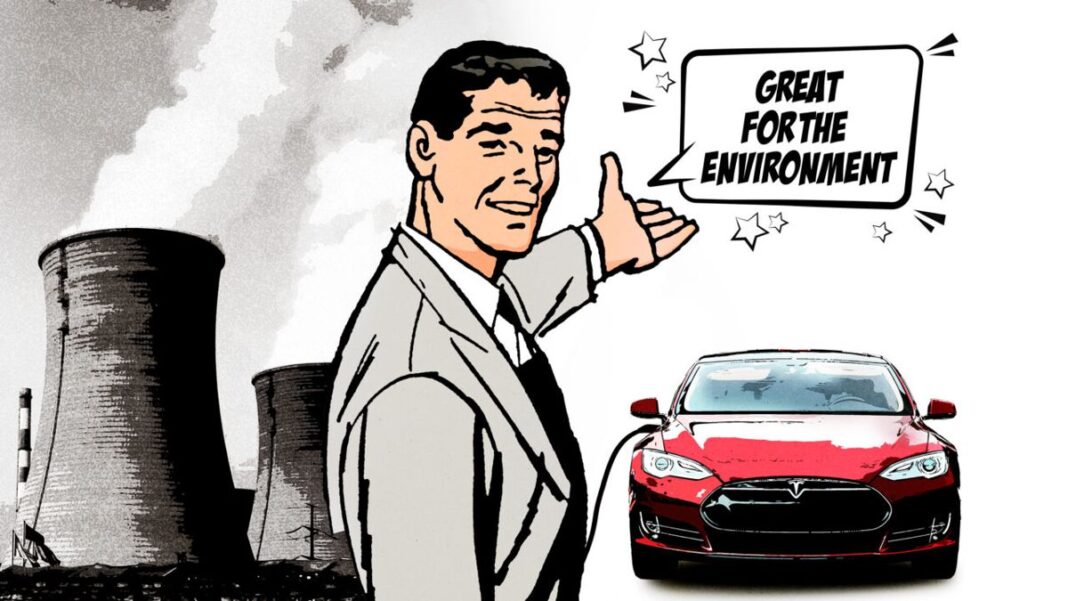
While the Biden administration cannot force you to buy an electric car, it can, by capping tailpipe emissions and other coercive measures, compel producers to severely curtail the manufacturing of internal combustion engine (ICE) cars and drive up the cost of gasoline-powered cars. This will likely result in a fundamental restructuring of America’s automotive industry, which accounts for about 3 percent of U.S. GDP and employs more than 1.7 million Americans.
The Biden administration’s auto industrial policy features a combination of ever-tightening emissions regulations, subsidies to electric vehicle (EV) auto manufacturers, and government payments to EV consumers. The Infrastructure Law, passed in 2021, featured $25 billion for things like charging stations, EV production, and mining. The 2022 Inflation Reduction Act doled out billions more in subsidies, and several European countries and U.S. states have banned or plan to ban the sale of new ICE vehicles over the next several years.
The most recent effort is new Environmental Protection Agency (EPA) regulations that will set significantly higher CO2 emissions standards for passenger vehicles, heavy trucks, and buses. This follows President Joe Biden’s directive that half of all new passenger vehicles and trucks should be zero-emission vehicles (ZEVs) by 2030.
These regulations, Biden claims, will cut 10 billion tons of CO2 emissions by 2055. And according to the EPA, EVs aren’t just good for the planet but they also are good for your wallet. Buying an EV will save the average American an estimated $12,000 over the life of the vehicle, the agency claims. The EPA states that the benefits of its new emissions standards will exceed costs by at least $1 trillion.
However, some analysts say these numbers don’t add up. They predict that Biden’s EV industrial policy will fail about as badly, and prove about as costly, as most other government schemes to direct and micromanage private-sector industries.
There are many reasons to question whether an automotive industrial policy favoring EVs makes sense. But here are four claims in particular that analysts challenge.
Claim 1: Electric Vehicles Are Good for the Environment
Claim 2: America’s Electric Grid Can Power EVs
Claim 3: Electric Vehicles Are Affordable, Superior Products
Claim 4: Electric Vehicles Are a Good Bet for America’s Automakers








